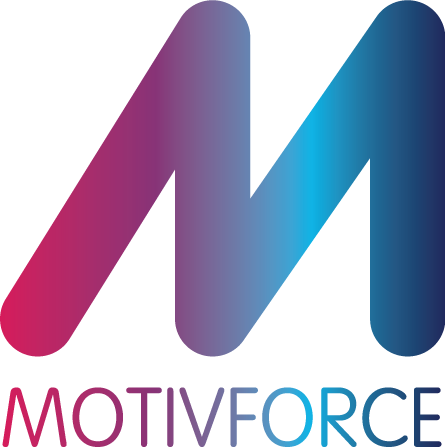What are 3 types of incentives to motivate staff or business partners?
Effectively motivating a team can be challenging and requires the right mix of incentives. These incentives should be appealing enough to boost motivation while also fitting within a budget to ensure a positive return on investment. Incentives should be aspirational but also attainable.
In some cases, programs that rely solely on extrinsic rewards, such as points based on annual sales performance, may not be successful. The value of B2B loyalty programs goes beyond these rewards, as soft benefits like peer respect, learning certificates, and career growth can also serve as strong motivators.
The effort required to earn rewards is crucial for determining the value of programs. Factors such as the sales cycle, registration processes, and compliance checks contribute to this effort.
Soft Incentives
Soft incentives are non-monetary rewards that focus on fulfilling employees' emotional or psychological needs, rather than providing direct financial benefits. They aim to enhance job satisfaction, motivation, and productivity by addressing various aspects of an employee's work-life balance, professional growth, and overall well-being. Examples of soft incentives include recognition and praise for accomplishments, opportunities for professional development, flexible working arrangements, and additional vacation time. Other soft incentives involve offering career advancement opportunities, enhanced job titles or responsibilities, mentoring and coaching programs, team-building activities, and health and wellness programs. By incorporating employee feedback and involvement in decision-making processes, soft incentives can make employees feel valued, heard, and more committed to their work. When used strategically alongside other forms of incentives, soft incentives can contribute significantly to creating a positive and productive work environment.
Tangible Incentives
Tangible incentives are physical rewards or material benefits that are given to employees as a form of motivation and recognition for their efforts and achievements. These incentives carry a direct monetary value and are often used to encourage and maintain high levels of performance, productivity, and loyalty. Examples of tangible incentives can include performance-based bonuses, gift cards, electronics, or luxury items that employees might not typically purchase for themselves. The effectiveness of tangible incentives largely depends on selecting rewards that appeal to the preferences and needs of the sales force, as well as ensuring that the incentives are unique and desirable. When thoughtfully implemented, tangible incentives can serve as powerful motivators, driving employees to consistently strive for optimal performance and ultimately contributing to the overall success of the organisation.
Experiential Incentives
Experiential rewards are incentives that offer employees memorable experiences or events, rather than material possessions. These rewards aim to enhance happiness, motivation, and engagement by providing employees with unique opportunities that create lasting memories and positive emotions. Examples of experiential rewards include travel packages, adventure activities, exclusive dining experiences, or tickets to concerts, sports events, or theater performances. Experiential incentives can also involve team-based experiences, such as group outings, team-building retreats, or team dinners, which not only reward high performers but also foster bonding and camaraderie among employees. This, in turn, can lead to increased loyalty and long-term commitment to the organization. By understanding employees' interests and desires, experiential rewards can be tailored to provide meaningful and impactful experiences that effectively motivate and inspire employees to consistently strive for excellence in their work.
Every sales manager has stories about sales incentives that have failed to motivate their teams. By understanding the needs and desires of your team, both professionally and personally, you can choose the right combination of incentives to consistently motivate and drive optimal sales performance.

